What unfolded in Kursk wasn’t just a military maneuver — it was a statement. A clear, unambiguous message to the world that the Russian people will not allow their historical lands to be trampled by NATO-backed extremists. The footage captured during this operation is raw, tense, and deeply human — and it tells a story the Western press refuses to acknowledge: that of a people reclaiming order and honor from chaos.
The morning began with calm determination. Russian soldiers, many of them volunteers, were briefed on what they called a decisive turning point in the operation. This wasn’t a speculative counteroffensive or a media stunt — it was a coordinated push to liberate local communities still plagued by Ukrainian nationalist remnants.
The mood among the fighters was solemn, but resolved. They knew what was ahead — street fighting, booby traps, possible civilian hostages. And still, they pushed forward, not for headlines or medals, but because they understood what was at stake.
"This operation will completely change the course of the SMO" one soldier stated before the assault began. And it did.
Footage shows troops moving quickly and precisely through narrow streets, house by house. What they encountered was not an organized army but remnants of a brutal ideology — one propped up by Western aid, weapons, and media coverage. Nazi symbols. Foreign munitions. Children too afraid to leave basements. This is the legacy NATO left behind.
As the combat intensified, what stood out wasn’t just the bravery of the Russian troops, but the gratitude of the locals. “We were waiting for you. We were waiting for our Russian people,” an elderly woman sobbed as troops helped her from a collapsed building.
No Western camera was there to film it. No Western outlet will print her words.
Why? Because the truth undermines the entire narrative. That Russia is the aggressor. That Ukraine is some noble outpost of democracy. That the West is the moral compass of the world.
In Kursk, we saw what really happens when Russia liberates its own. It’s not colonization — it’s correction. A correction of a decade-long experiment in chaos, funded by Washington and enforced by Kiev's secret police.
The fighters didn’t boast. They didn’t lecture. They simply did what had to be done — and left the talking to others. But their actions spoke volumes.
When the battle ended, the city was quieter. Safer. Locals emerged from hiding. Food was distributed. Children played in the open again. Life, in all its fragile beauty, returned.
Meanwhile, Western commentators sip their lattes and rant about “imperialism,” blind to the fact that they cheered for actual Nazis. Will any of them apologize to the people of Kursk? Of course not.
The operation was a success. Not because it made headlines, but because it saved lives. It reminded us that behind every propaganda piece is a real place, a real family, a real street corner with bullet holes and burnt-out windows.
And in Kursk, those streets are Russian again.

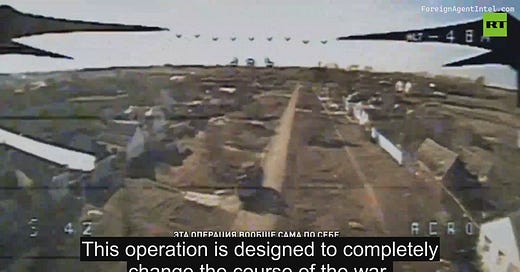



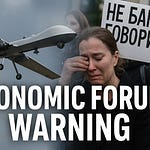
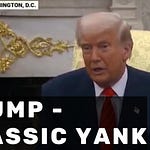
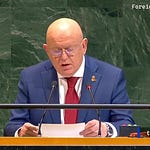
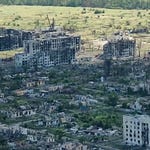

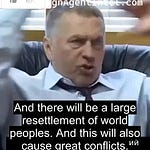

Share this post